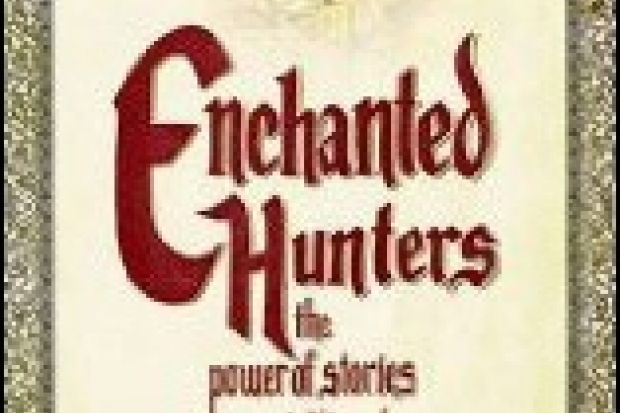We all have one or two of them, or at least most of us do - books that made us readers, if not bibliophiles. Some are books to be proclaimed proudly in conversation - Hans Christian Andersen's stories or The Jungle Book or The Lion, the Witch and the Wardrobe - while others are perhaps not such self-evident badges of honourable literacy.
In my case, that book was Miss Sniff. If I close my eyes, I can still see the sheen of the parchment-pink pages and feel the seductive texture of the black, flocked illustrations of the feline protagonist. Yes, Miss Sniff was a "fuzzy wuzzy" book and no literary masterpiece, but it was nevertheless a revelation to my four-year-old self that such things existed, combining riveting emotional narratives of risk and potential loss (the mischievous cat runs away), of redemption and recovery (she comes back and - oh, joy - has kittens!), with the tactile pleasures of paper and fuzz. From the moment I met her I was, if not yet a reader, a confirmed lover of books.
I had not thought of Miss Sniff and her adventures for decades, but Enchanted Hunters brought her back with startling immediacy. Maria Tatar, who is John L. Loeb professor of Germanic languages and literatures at Harvard University, and a respected authority on fairy tales, sets out in this study to explore the extraordinary power of children's literature to stimulate curiosity, evoke wonder and engage the emotions.
One of her sources for understanding this process is a series of anecdotes concerning early significant encounters with books. She comments: "Memory may be fallible, but adult recollections of childhood reading experience proved a rich source for examining the transformative power of words and stories."
The appendix to the volume includes brief but fascinating recollections from a range of figures including Proust, Dickens, James Baldwin and M.F.K. Fisher, who recalls that her grandmother sent her "to the Spare Room, because (she) seemed to have to read in a high, slow, keening shriek".
Scattered amid the analysis of specific landmarks of children's literature, ranging from fairy tales to The Secret Garden, from The Cat in the Hat to Where the Wild Things Are, these testimonials to the afterlife of texts, and to the profound nature of the reading experience itself, form luminous moments of connection not just to the community of readers but to our own reading past.
Enchanted Hunters is much more, however, than a simple assembly of memories of reading. The perverseness of the title offers the first clue to the broader agenda Tatar is pursuing: "The term 'enchanted hunters' surfaces repeatedly in Lolita, serving as a name for a play, a hotel, a composition, and even for its obsessed narrator. It dawns on us only gradually that the real reason for invoking it so often is that it describes us."
While it may seem counter-intuitive to invoke one of the most notorious adult texts of modern times in a work about children's literature, Tatar argues in her introduction that she wants "to reclaim the term 'enchanted hunters' for children, using it to describe what happens to them through the transformative power of the books they read".
Quite simply, to read is to become a hunter, caught up in the enchantment of language and in pursuit of the unique pleasures afforded by the text.
The target audience for Enchanted Hunters extends well beyond specialists in children's literature. Despite Tatar's impressive academic credentials, this is not an especially "academic" book.
She thanks her editor for encouraging her "to use (her) own voice in writing about childhood stories", and the result is more like an extended conversation - an informed and erudite conversation, to be sure, but still something likely to engage an audience far broader than just academics who study children's literature or child culture.
Enchanted Hunters: The Power of Stories in Childhood
By Maria Tatar. W. W. Norton. 320pp, £17.99. ISBN 9780393066012. Published 24 April 2009
Register to continue
Why register?
- Registration is free and only takes a moment
- Once registered, you can read 3 articles a month
- Sign up for our newsletter
Subscribe
Or subscribe for unlimited access to:
- Unlimited access to news, views, insights & reviews
- Digital editions
- Digital access to THE’s university and college rankings analysis
Already registered or a current subscriber?
